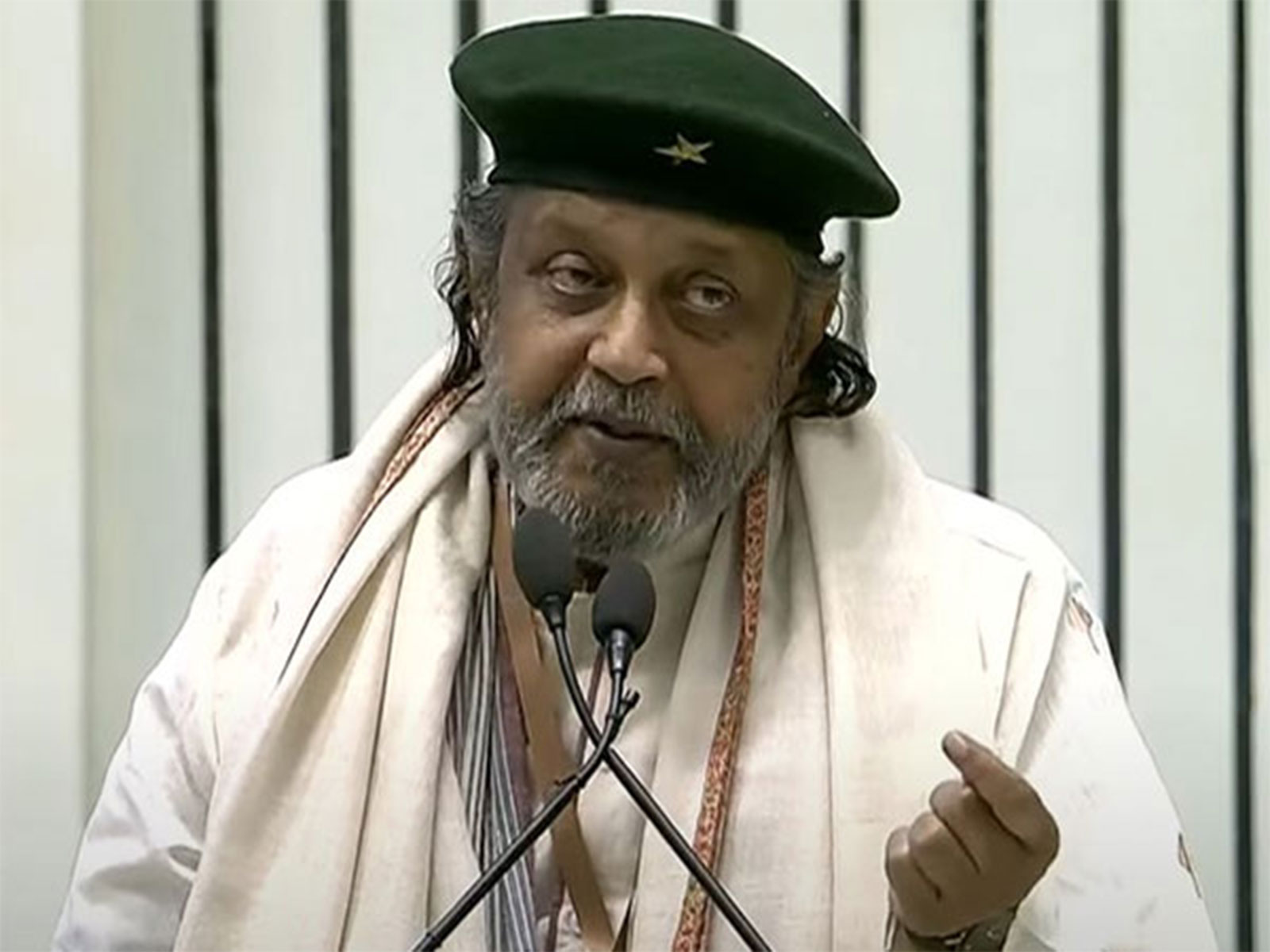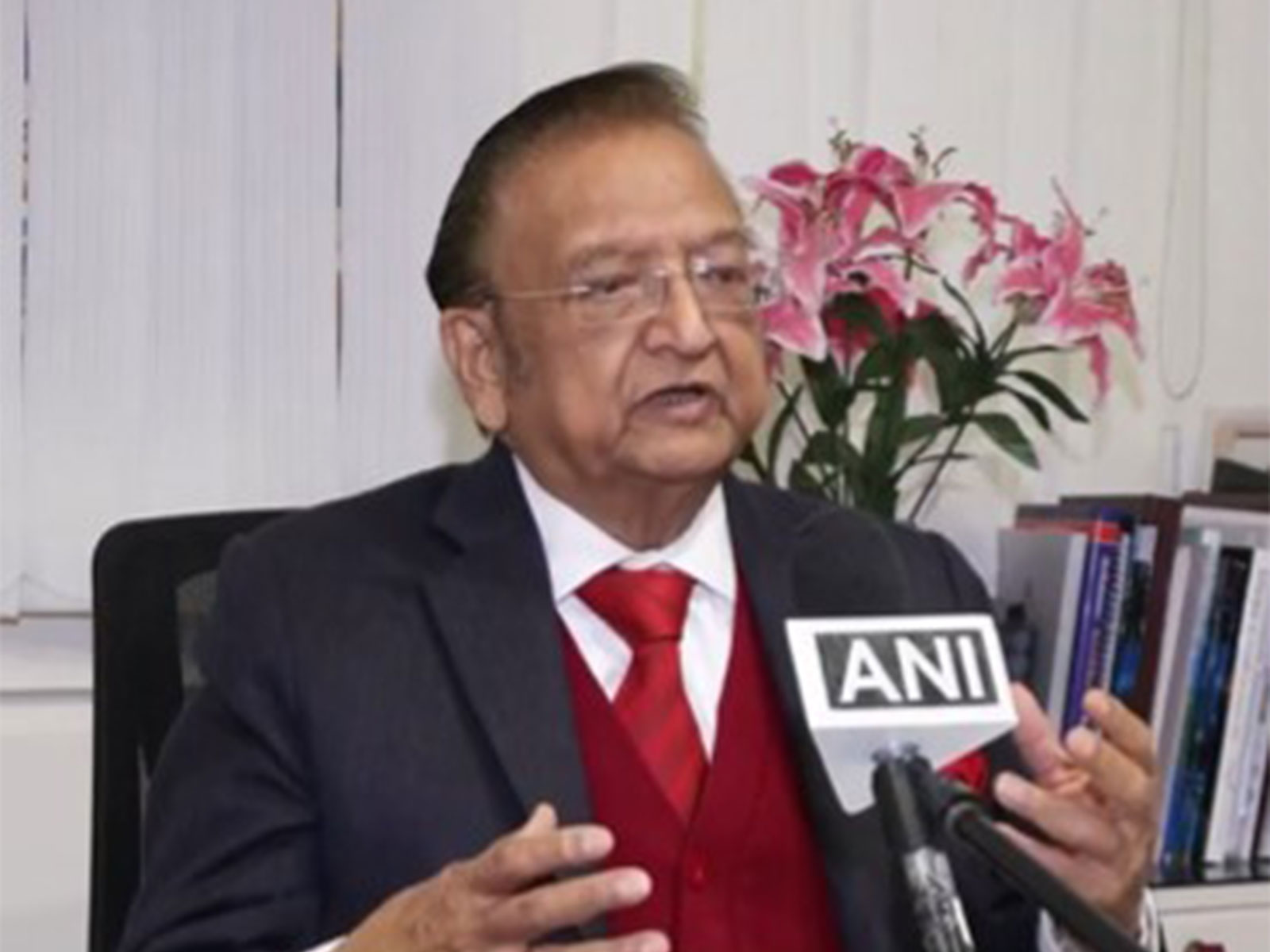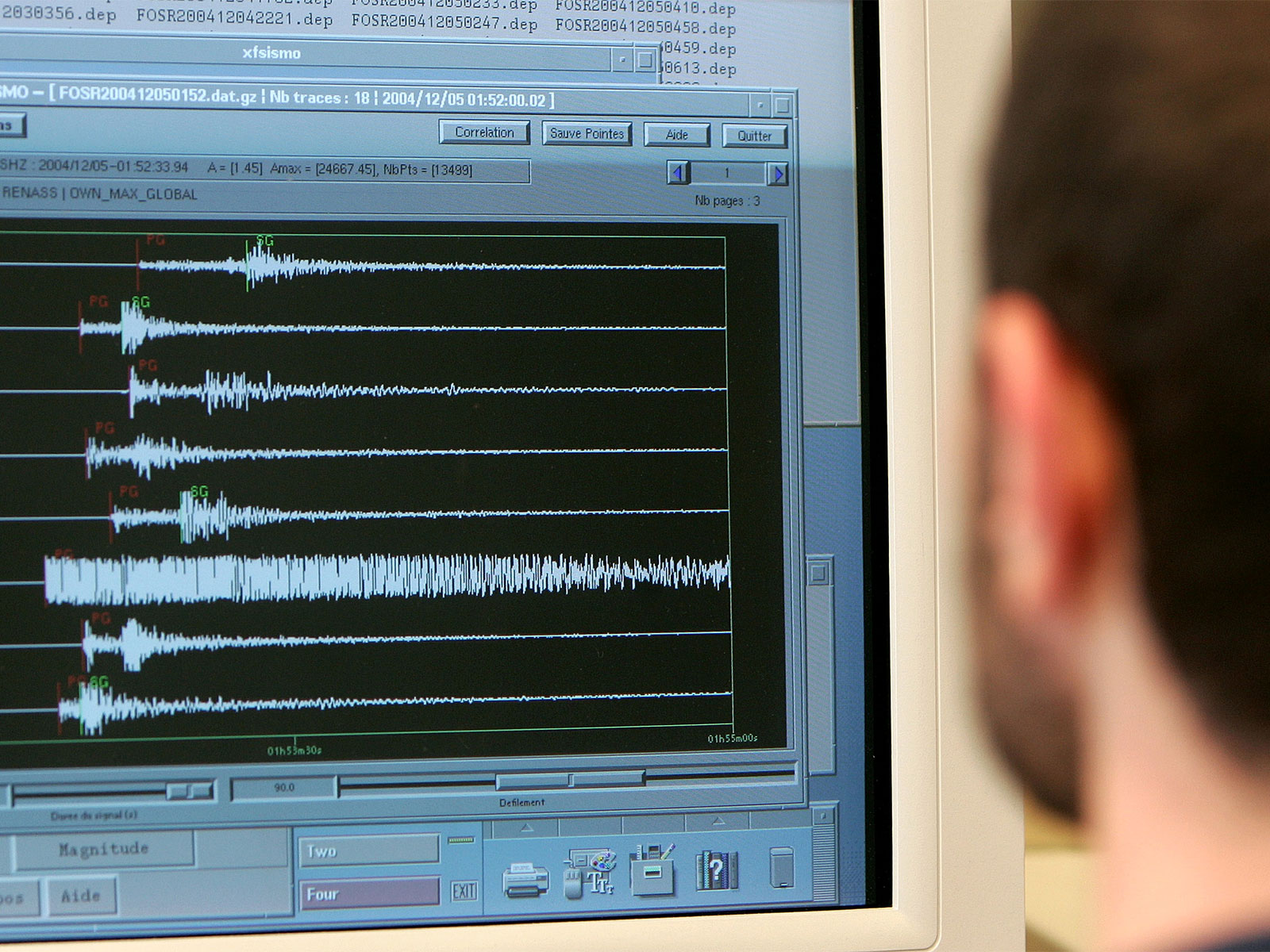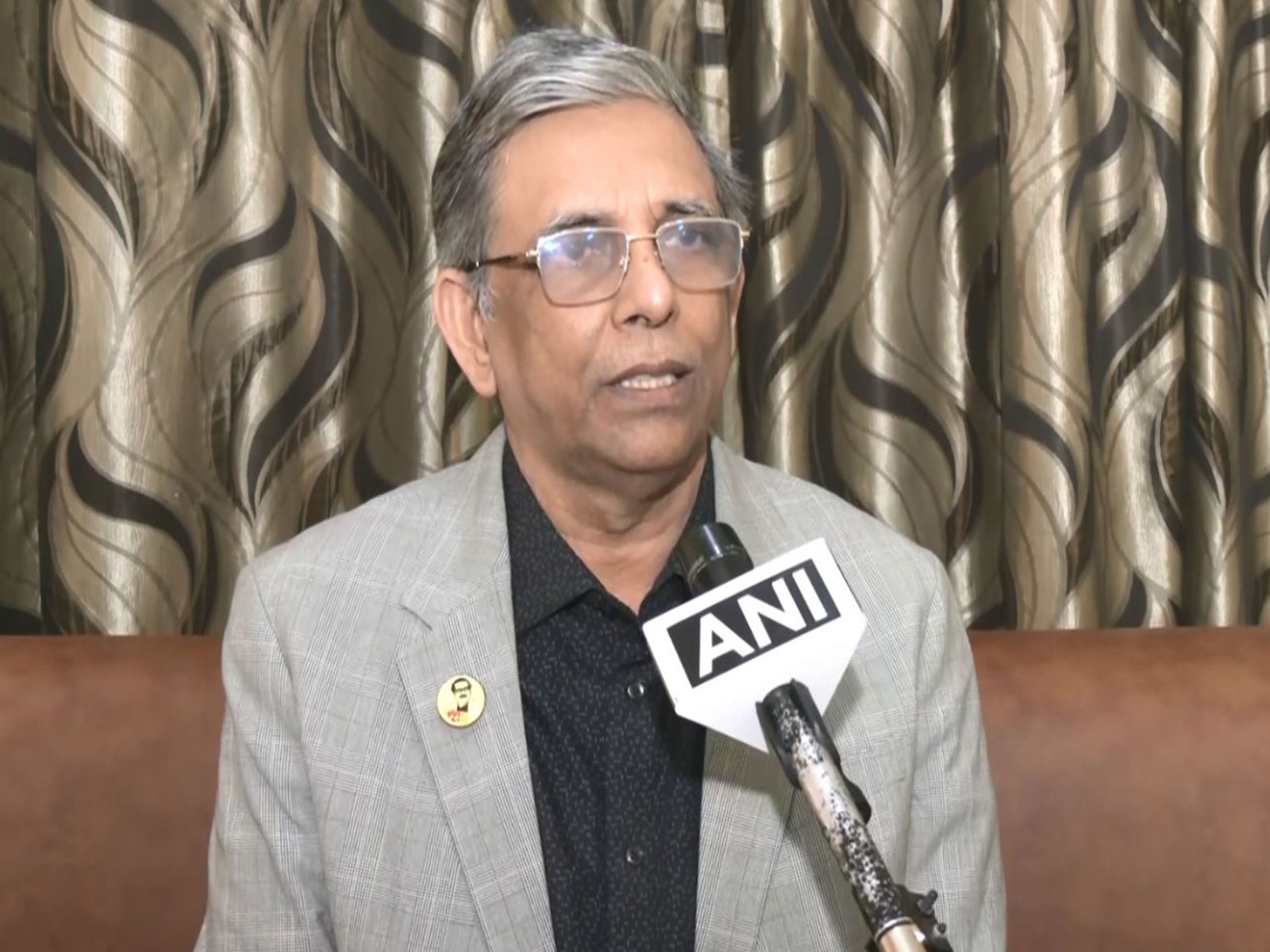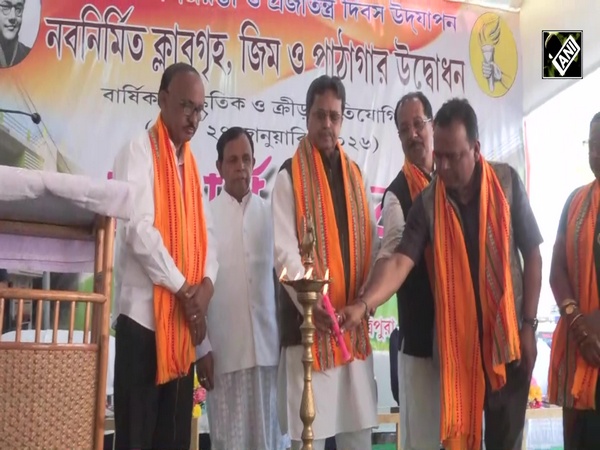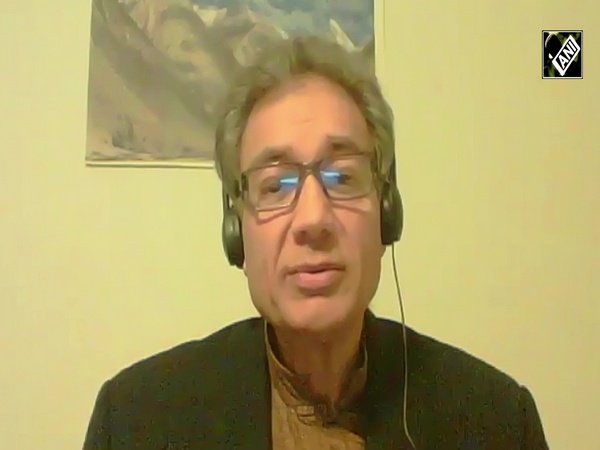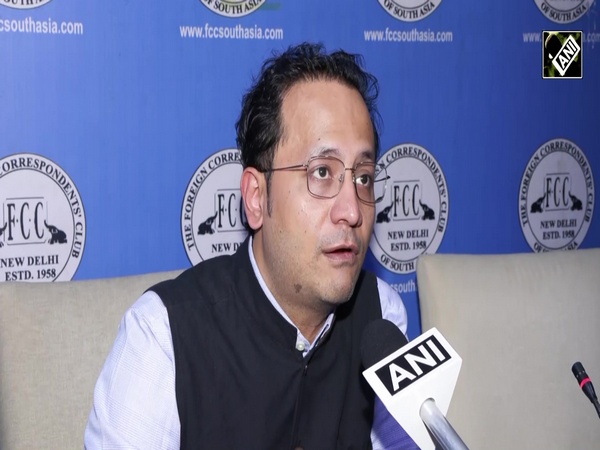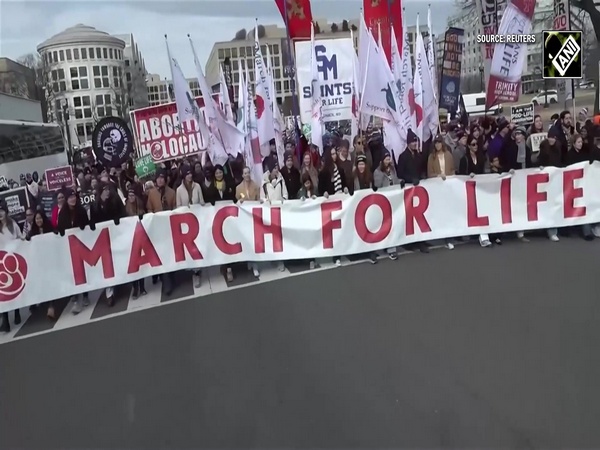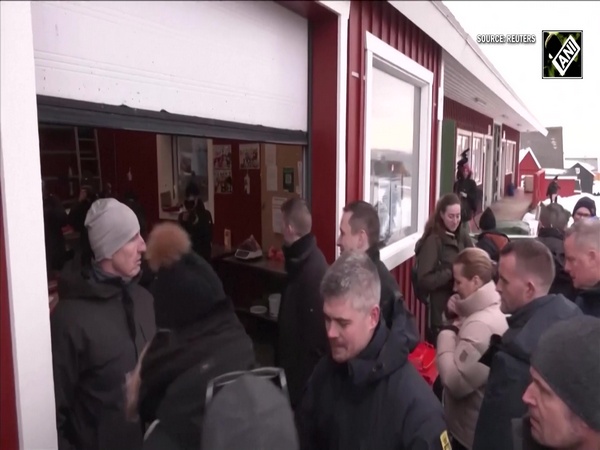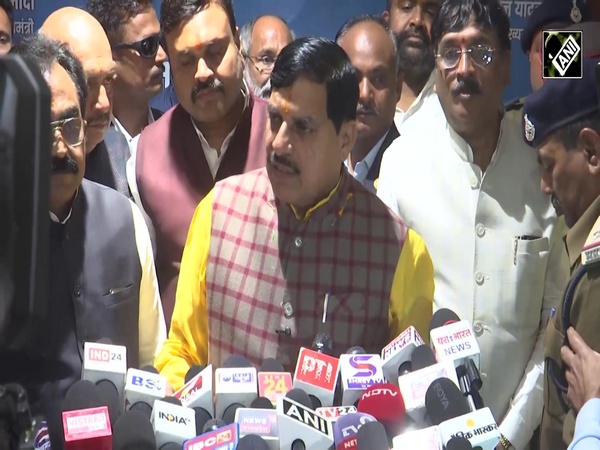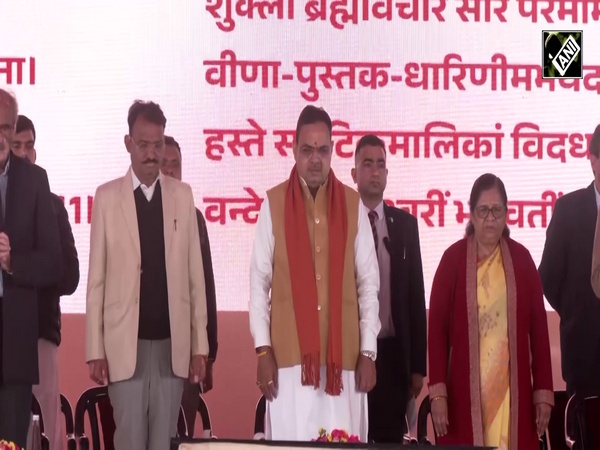CPI MP expresses disappointment over SC verdict on same-sex marriages
Oct 17, 2023

New Delhi [India], October 17 : Communist Party of India (CPI) leader and Rajya Sabha MP Binoy Viswam on Tuesday expressed his disappointment over the Supreme Court judgement concerning same-sex marriages and said the court has pushed the ball in the government's court issue "which is unlikely to take up the rights of the marginalized people".
The Supreme Court on Tuesday refused to recognise the right of same-sex couples to enter into marriages or have civil unions and left it to the Parliament to decide the issue.
A five-judge Constitution bench unanimously said it cannot strike down the provisions of the Special Marriage Act (SMA) or read words differently to include non-heterosexual couples within its fold.
Viswam said the Supreme Court did not recognise the right to civil union for LGBTQ+ persons.
"This judgement is disappointing as persons belonging to the LGBTQ+ community were looking towards the top court with great hope since it is certain that the current BJP government will not look at the issue with any sympathy," he said.
"The Supreme Court's judgement must be seen in the light of the submissions made by the RSS-controlled BJP's union government at the Centre. It is certain that this government is not concerned about the rights of these marginalized communities and their legitimate social rights. We stand committed to ensuring the right to equality for the LBGTQ+ community and realizing their legitimate human rights such as the right to marriage and allied benefits associated with it," he added.
The CPI leader said it is unfortunate that "the court has pushed the ball in the government's court on this crucial issue which is unlikely to take up the issues of rights of the marginalized people".
"There has been a continuous delay in securing similar rights such as reservations for the transgender community. We can no longer be oblivious to the continued struggle of these minorities," he said.
A bench of Chief Justice of India DY Chandrachud and Justices Sanjay Kishan Kaul, S Ravindra Bhat, Hima Kohli and PS Narasimha refused to tweak the provisions of the Special Marriage Act even as the apex court declared that queer couples have a right to cohabit without any threat of violence, coercion of interference.
There were four judgements separately authored by the CJI and Justices Kaul, Bhat and Narasimha. While CJI and Justice Kaul have the same opinion, Justices Bhat, Narasimha and Kohli agreed with each other.
The majority judges by 3:2 held that non-heterosexual couples cannot be granted the right to jointly adopt a child. However, CJI and Justice Kaul said that these couples have the right to jointly adopt a child.
Regulation 5(3) of the Adoption Regulations as framed by the Central Adoption Resource Authority (CARA) is violative of Article 15 of the Constitution for discriminating against the queer community, the minority verdict said.
While the minority judges batted for legal recognition of civil unions for non-heterosexuals, the majority held that there cannot be a right to civil unions that can be legally enforceable.
All the five judges agreed that there is no fundamental right to marry.
The minority judges said that Centre, States, and Union Territories shall not bar queer people from entering into unions to avail of the benefits of the State. The majority verdict said that the entitlement to civil unions can be only through enacted laws and courts cannot enjoin such creation of a regulatory framework.
However, they were unanimous in the creation of a high-powered committee proposed by the Centre in May to examine the concerns of queer couples and moot certain corrective measures.
The three judges said that queer persons are not prohibited from celebrating their love for each other, and they have the right to choose their own partner and they must be protected to enjoy such rights.
The verdict of the apex court came on a batch of petitions seeking the right to marriage for members of the LGBTQIA+ community under the Special Marriage Act, of 1954.
Following a marathon hearing that lasted ten days of arguments from both sides in March and April, the Constitution bench on May 11 reserved its verdict on the pleas.
The petitioners before the apex court included same-sex couples, rights activists, social workers and organisations.
